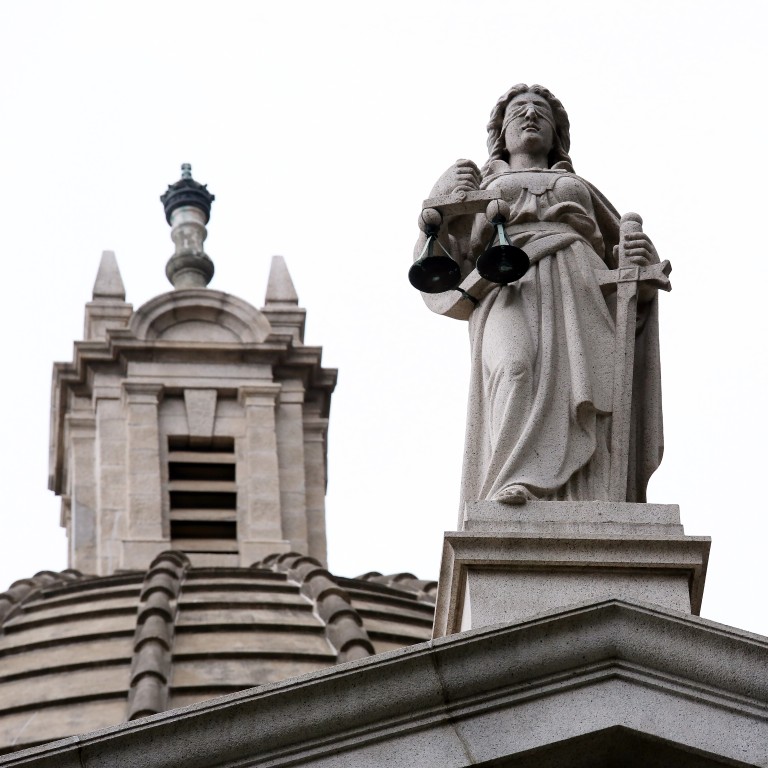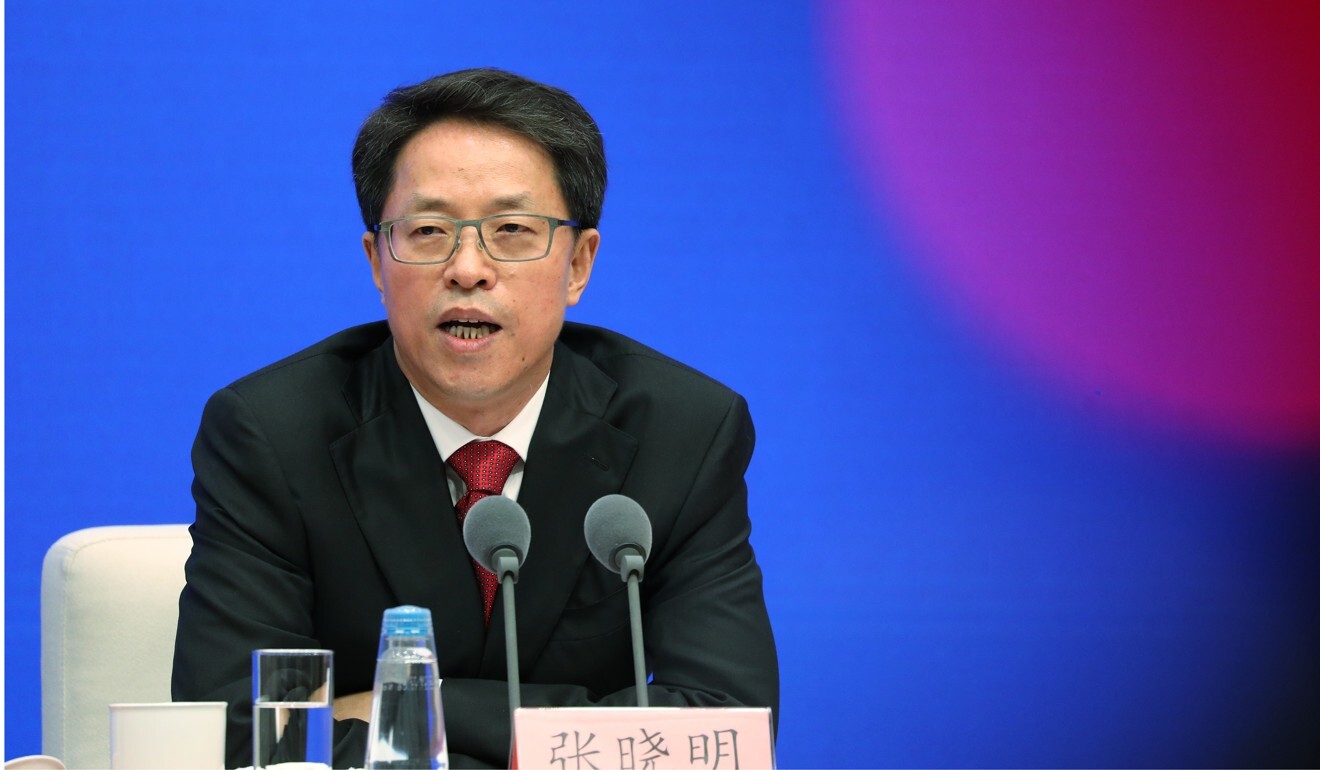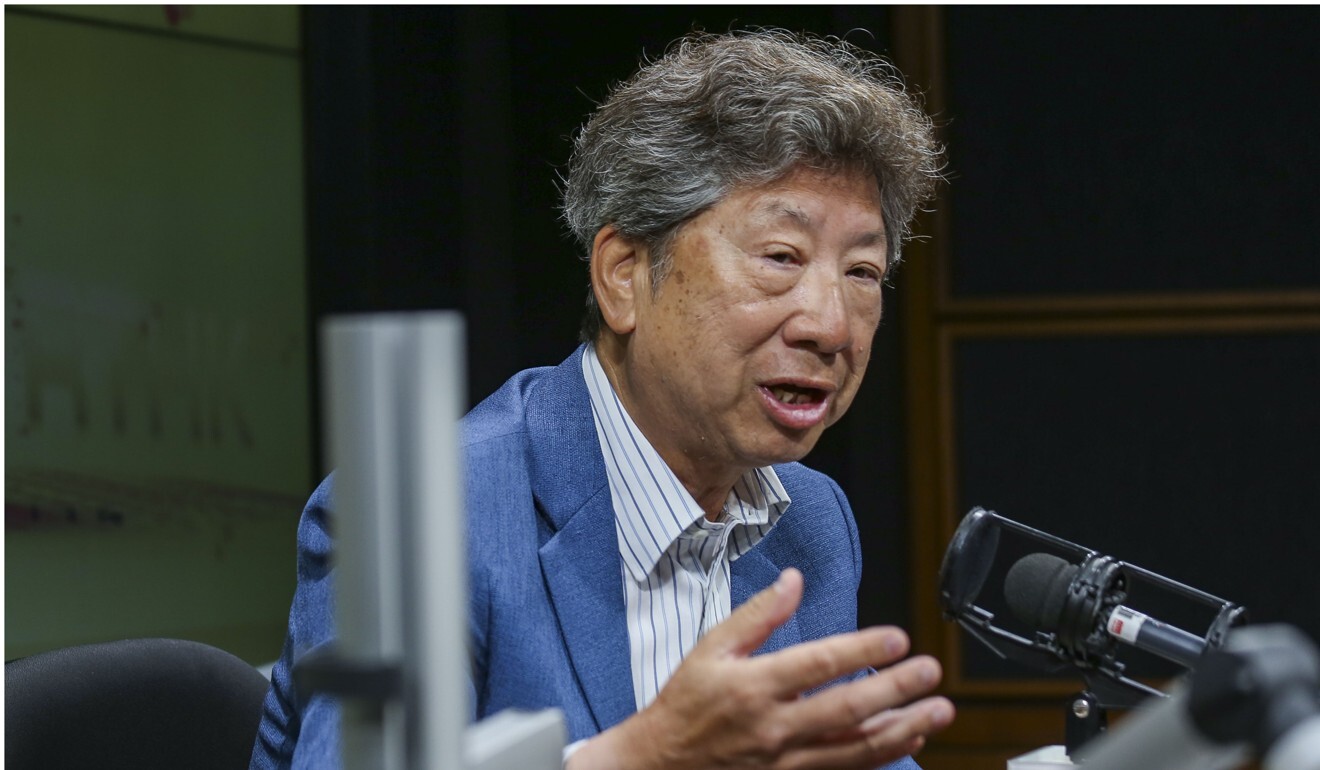
Judicial reform in Hong Kong must come from within city’s legal system, not forcibly from outside, government adviser warns
- Executive Council member Ronny Tong says that any reforms coming from outside the legal system will be seen as disrupting judicial independence
- Senior Beijing official Zhang Xiaoming earlier made it clear that it was time for a revamp
Judicial reform in Hong Kong had to come from within the city’s legal system as any outside action would be seen as disrupting the judiciary’s independence, a government adviser said on Wednesday, after a senior Beijing official called for changes.
Tong said he believed that members of the legal sector would understand there was a need for reform as they knew society “had higher hopes for them”.

But he stressed that any reforms coming from outside the system would be seen as putting on pressure and disrupting judicial independence.
“I disagree with any outside or forcible reform of the legal system. I hope they can be given some time to handle the issue,” he said.
Ex-mainland officials say Beijing has not run out of ‘patience’ with Hong Kong
Fellow Exco member Regina Ip Lau Suk-yee welcomed the calls for reform, and emphasised that the judiciary had to continue to uphold “one country, two systems”, the principle under which Beijing governed the city.
“The judiciary must recognise it is one of the three branches of government serving a common goal – the implementation of ‘one country, two system’,” the New People’s Party chairwoman said.
“It has to give due regard to the importance of protecting sovereignty, security and the developmental interests of our country.”

Ip also suggested the appellate court issue more sentencing guidelines or hold more forums to further promote judges’ understanding of the city’s constitutional system and one country, two systems.
But she dismissed concerns such reforms would jeopardise the independence of the judiciary. “Judicial independence means adjudicating cases in accordance with legal considerations only, not political considerations. I am sure our judges will continue to do that.”
Calling for legal reforms, Zhang on Tuesday cited the views of Henry Litton, a former Court of Final Appeal judge who earlier wrote that Beijing had become mistrustful of the judiciary as the courts had applied “obscure norms and values from overseas which are totally unsuited to Hong Kong’s circumstances”.
Basic Law Committee member Professor Albert Chen Hung-yee, a legal academic with the University of Hong Kong, said that while there had been concerns about how the courts dealt with cases arising from the Occupy movement in 2014 and the social unrest that erupted last year, he did not see any huge problem with the legal system.
“While decisions by individual judges may be controversial, I do not see they reveal fundamental problems with the judicial system,” he said. “Cases were decided on the basis of their particular facts, which critics of the decisions may not fully understand.”

Outgoing Democratic Party lawmaker James To Kun-sun slammed Zhang’s suggestion that legislators and officials in Hong Kong had to be patriots.
It was more important for leaders to have the ability to govern the city than to love the country, the veteran politician argued.
To was due to ask the first oral question, but his absence from the meeting after his resignation led to it being read out by pro-establishment legislator Starry Lee Wai-king instead.
Over the past year Legco meetings have been disrupted by the opposition camp’s filibustering, characterised by frequent calls for quorum bells – a common tactic to delay proceedings by forcing a headcount. Wednesday’s proceedings ran smoothly without a single quorum call. Lawmakers passed a member’s motion on bringing in non-local doctors to alleviate manpower shortages by the afternoon.
Additional reporting by Zoe Low


